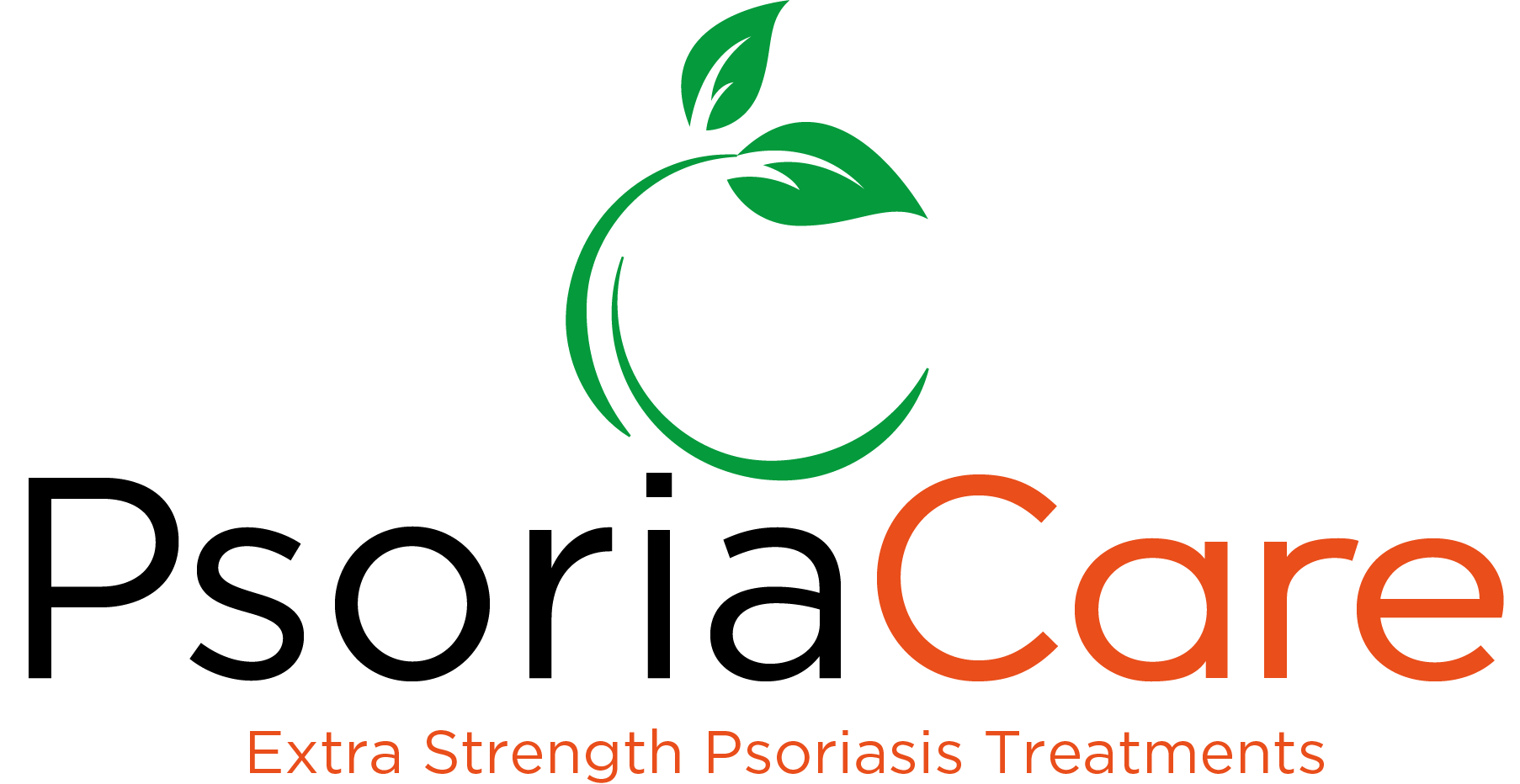Get a little sun.
Soaking up the sun—in moderation—might help with your psoriasis symptoms. UV light is generally a no-no in dermatology, because too much can be associated with the development of skin cancer and melanoma, however, it does have an anti-inflammatory effect in psoriatic skin and is a very useful option for reducing psoriasis symptoms.
Keep your skin from drying out.
Dry skin can aggravate the symptoms and discomfort associated with psoriasis. You can prevent dry skin by staying hydrated, avoiding very hot showers or baths, and using an air humidifier. Dry air dries your skin out, and an air humidifier helps to counter that issue.
Moisturizing regularly is also important—just ensure that your moisturizer is free of fragrance, as fragrance might irritate the skin more. Many people swear by using moisturizers containing Oregon grape for psoriasis. Also known as mahonia aquifolium, Oregon grape has been proven to be an effective and helpful moisturizer for people with psoriasis.
Another great moisturizing agent is aloe vera. Research shows aloe vera can help reduce the redness and scaling of psoriasis. Moisturizers containing 0.5 percent aloe are your best bet.
Soak in a tub.
Although psoriasis is itchy, scratching is a bad idea, as it can exacerbate the problem. Rubbing and picking at the skin will actually worsen the spots. Psoriasis tends to develop in sites of skin trauma, including cuts and scratches.
Instead, you’ll want to relieve the itchiness in another way. The National Psoriasis Foundation recommends a number of natural treatments for itchiness. This includes soaking in the tub with a natural remedy such as oats. If you’re not keen on letting the oats float in your bathwater, put some in a clean sock or a small sachet, tie it closed, and let it soak in your bath.
A bath with Dead Sea salts or Epsom salts might also help relieve itchy skin. It’s best to moisturize just after getting out of the tub to avoid drying your skin out.
Rinsing with apple cider vinegar can help reduce itchiness on your scalp, but avoid it if you have any open wounds.
Invest in CBD oil.
Plants related to the cannabis genus—including hemp and what we refer to as cannabis—contain cannabinoids, which have a range of health benefits. Recent studies have suggested that cannabinoids may treat psoriasis by interfering in many of the inflammatory and immune pathways that exacerbate or trigger psoriasis. Research that suggests cannabinoids may slow the development of skin cells called keratinocytes, which lead to psoriasis symptoms.
Cannabidiol (CBD), a type of cannabinoid, is particularly helpful for people with psoriasis because it has anti-inflammatory properties that can dramatically improve symptoms for many afflicted with psoriasis.
CBD comes in the form of ingestible oils and tinctures, which can be consumed orally, or in topical treatments. Hemp-derived CBD is legal throughout the United States.
Avoid alcohol and smoking cigarettes.
Research shows that drinking alcohol and smoking cigarettes can aggravate psoriasis symptoms, so it’s best to avoid both alcohol and cigarettes.
Eat anti-inflammatory foods.
Certain foods have anti-inflammatory properties, and stocking up on these anti-inflammatory foods can help treat psoriasis. Anti-inflammatory foods include kale, ginger, sardines, and beets. We strongly recommend integrating turmeric into your diet: Eat it in your food or have some in pill form.
Some people have an inflammatory reaction to dairy, so consider avoiding dairy products and monitor whether your symptoms improve.
In conclusion.
Remember that these remedies and lifestyle changes should complement your psoriasis treatment, not replace it. While there are changes you can make to your lifestyle to reduce your psoriasis symptoms, there is still no cure at this time.
